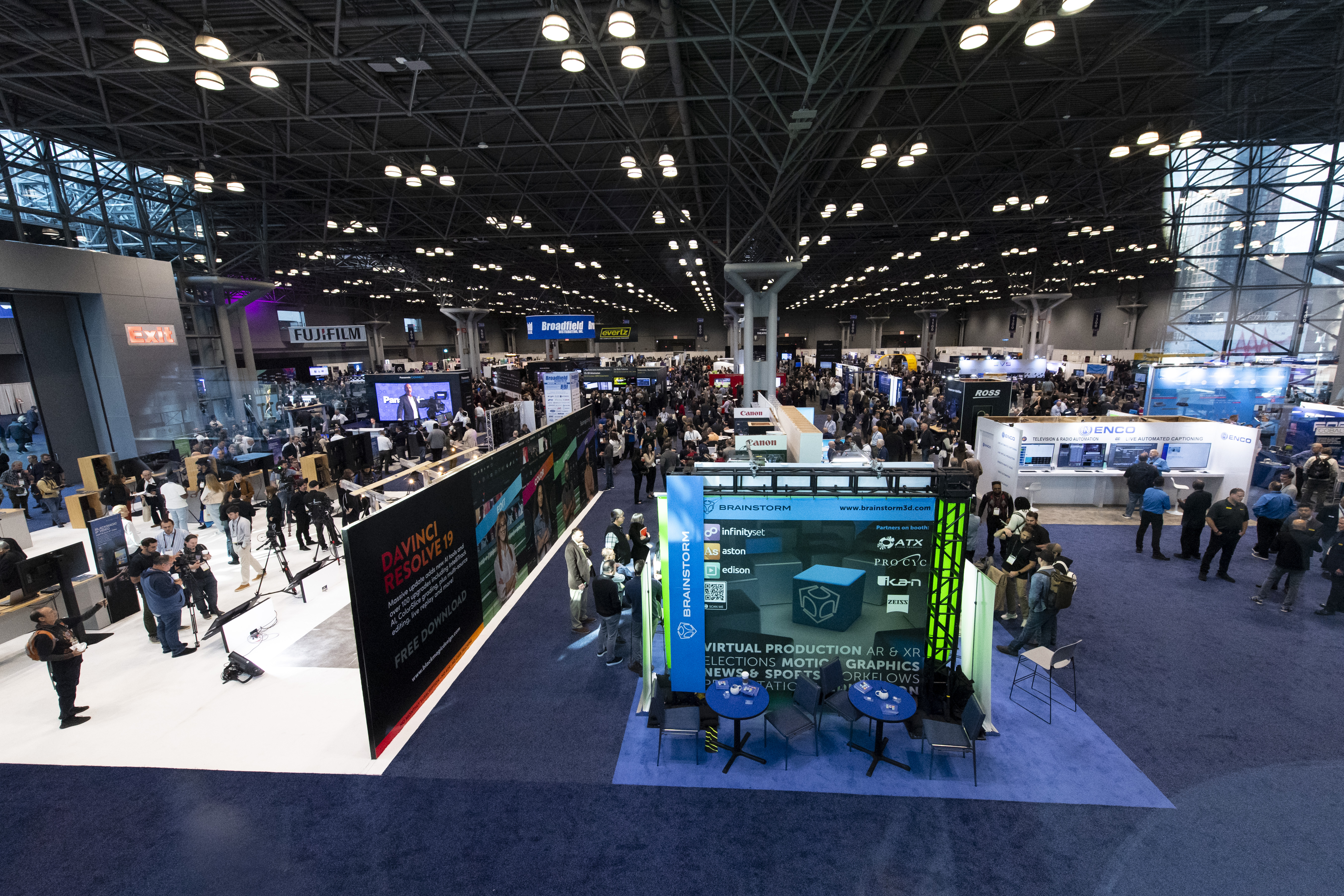McDowell confident that a technical solution will emerge to end the white space battle
Science should drive the decisions made in the debate over how broadcast white spaces are used, FCC commissioner Robert McDowell told an audience Monday at the Conference on Spectrum Management in Washington, D.C.
“If we don’t pollute science with politics, powerful new technologies will emerge, and American consumers will benefit as a result,” he said.
Acknowledging the intense debate pitting those interested in protecting broadcast interests against those who wish to allow the use of unlicensed devices in the DTV band, McDowell expressed confidence that there will be an acceptable technical solution. “Inventors will continue to invent, and a workable technical solution will develop,” he said.
McDowell told his audience that he has “long advocated vigorous promotion of unlicensed use of the white spaces” as long as that use doesn’t cause harmful interference.
The FCC’s Office of Engineering & Technology this summer released the results of tests it conducted of two such devices, which were found to be generally ineffective at sensing the presence of DTV and wireless mic signals. Subsequently, Microsoft —one of the two companies supplying prototypes for testing — said the device OET tested had a defective component and that a working device performed to acceptable levels. Reaction from the broadcast industry was swift and pointed. For example, the Association for Maximum Service Television (MSTV) called the Microsoft assertion the high-tech equivalent of “the dog ate my homework” excuse.
In his comments to the conference, McDowell expressed optimism that a solution will be found and said he was hopeful that the “unlicensed approach will provide opportunities for American entrepreneurs to construct new delivery platforms that will provide an open home for a broad array of consumer equipment.”
To read the speech in its entirety, visit: fjallfoss.fcc.gov/edocs_public/attachmatch/DOC-276676A1.doc.
The professional video industry's #1 source for news, trends and product and tech information. Sign up below.
